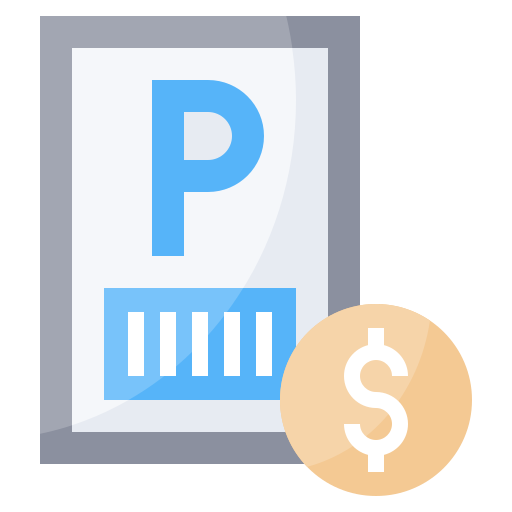Bangalore University 5th Sem BCOM Study Materials (Old Syllabus)
Download free BCOM 5th sem module wise notes, latest solved question papers, previous 5 years question paper till 2021, model question papers, easy notes, exam-oriented notes are available on this website chaloexam.com of Bangalore University
Syllabus
5.1 ENTREPRENEURSHIP DEVELOPMENT
OBJECTIVE:
To enable students to understand the basic concepts of entrepreneurship and preparing a business plan to start a small industry.
Unit 1: ENTREPRENEURSHIP 10 Hrs Introduction – Meaning& Definition of Entrepreneurship, Entrepreneur & Enterprise –Functions of Entrepreneur - Factors influencing Entrepreneurship - Pros and Cons of being an Entrepreneur – Qualities of an Entrepreneur – Types of Entrepreneur
Unit 2: SMALL SCALE INDUSTRIES 12 Hrs Meaning &Definition – Product Range - Capital Investment - Ownership Patterns – Meaning and importance of Tiny Industries, Ancillary Industries, Cottage Industries. Role played by SSI in the development of Indian Economy. Problems faced by SSI’s and the steps taken to solve the problems - Policies Governing SSI’s.
Unit 3: FORMATION OF SMALL SCALE INDUSTRY 14 Hrs Business opportunity, scanning the environment for opportunities, evaluation of alternatives and selection based on personal competencies. Steps involved in the formation of a small business venture: location, clearances and permits required, formalities, licensing and registration procedure. Assessment of the market for the proposed project – Financial, Technical, Market and Social feasibility study.
Unit 4: PREPARING THE BUSINESS PLAN (BP) 10 Hrs Meaning – importance – preparation –BP format: Financial aspects of the BP, Marketing aspects of the BP, Human Resource aspects of the BP, Technical aspects of the BP, Social aspects of the BP. Common pitfalls to be avoided in preparation of a BP.
Unit 5: PROJECT ASSISTANCE 10 Hrs Financial assistance through SFC’s, SIDBI, Commercial Banks, IFCI - Non-financial assistance from DIC, SISI, AWAKE, KVIC - Financial incentives for SSI’s and Tax Concessions - Assistance for obtaining Raw Material, Machinery, Land and Building and Technical Assistance - Industrial Estates: Role and Types.
SKILL DEVELOPMENT
∙ Preparation of a Project report to start a SSI Unit.
∙ Preparing a letter to the concerned authority-seeking license for the proposed SS Unit ∙ Format of a business plan.
∙ A Report on the survey of SSI units in the region where college is located. ∙ Chart showing financial assistance available to SSI along with rates of interest. ∙ Chart showing tax concessions to SSI both direct and indirect.
∙ Success stories of Entrepreneurs in the region.
BOOKS FOR REFERENCE
- Vasanth Desai, Management of Small Scale Industry, HPH
- Mark. J. Dollinger, Entrepreneurship – Strategies and Resources, Pearson Edition. 3. Dr. Venkataramana ; Entrepreneurial Development, SHB Publications
34
- Udai Pareek and T.V. Rao, Developing Entrepreneurship
- Rekha & Vibha – Entrepreneurship Development, VBH
- S.V.S. Sharma, Developing Entrepreneurship, Issues and Problems
- B. Janakiraman , Rizwana M: Entrepreneurship Development, Excel Books 8. Srivastava, A Practical Guide to Industrial Entrepreneurs
- Anil Kumar: Small Business and Entrepreneurship I.K. International Publishers 10. Government of India, Report of the committee on Development of small and medium entrepreneurs, 1975
- Bharusali, Entrepreneur Development
- Satish Taneja ; Entrepreneur Development
- Vidya Hattangadi ; Entrepreneurship
- N.V.R Naidu : Entrepreneurship Development, I.K. International Publishers
35
5.2 INTERNATIONAL FINANCIAL REPORTING STANDARDS
OBJECTIVE: The objective of the subject is to enable the students to understand the need and method of presentation of financial statements in accordance with International Financial Reporting Standards.
Unit-I 5Hrs International Financial Reporting Standards:
Meaning of IFRS - relevance of IFRS to India; merits and limitations of IFRS; process of setting IFRS- Practical challenges in implementing IFRS; a brief theoretical study of International financial reporting standards (IFRS) 1 – 15 - List of International accounting standards issued by IASB.
Unit – II 25Hrs Accounting for Assets and Liabilities
Recognition criteria’s for Investment properties, Government grants, Borrowing costs, Construction contracts, share based payments, Provisions, Contingent liabilities and Contingent assets, Events occurring after the reporting period (Only Theory).
Recognition and measurement for property plant and equipment, Intangible assets, Inventories, Leases and Impairment. Accounting for Income tax, Employee benefits. - Simple problems
Unit-III 8Hrs Presentation of Financial Statements:
Outline for the preparation of financial statements - Statement of financial position; Comprehensive income statement; Statement of changes in equity (SOCE), IAS 18 – Revenue. Elements of financial statements as per IFRS – Non-current assets; current assets; equity; non- current liability; current liability; revenue; cost of sales; distribution costs; administrative expenses; financial costs – profits attributable to owners of controlling interest and non-controlling interest – Practical problems on each element.
Unit – IV 12Hrs Accounts of Groups:
Concept of group – need for consolidated financial statements - Preparation of consolidated financial statements – Procedure for the preparation of consolidated financial position statement – treatment of pre-acquisition profit; goodwill arising on consolidation; on-controlling interests at fair value – Practical problems.
Unit – V 6Hrs Disclosure Standards
Related party disclosure, Earnings per share, Interim financial reporting, Insurance contracts, Operating segments. (Theory Only).
SKILL DEVELOPMENT
1) Conversion of final accounts to IFRS
2) Analysis of published financial statements for at-least 2 types of stakeholders
3) Comments for recent developments/exposure draft in IFRS
4) Preparation of notes to accounts for non-current assets
5) Assignment on social reporting
6) Preparation of Consolidated Financial Statement of any two existing companies.
7) Disclosure of change in equity in the annual reports of any two select companies.
Books for reference:
- IFRS – Student Study Guide - ISDC
- IFRS for India, Dr.A.L.Saini, Snow white publications
- Roadmap to IFRS and Indian Accounting Standards by CA Shibarama Tripathy
- IFRS explained – a guide to IFRS by BPP learning Media
- IFRS concepts and applications by Kamal Garg, Bharath law house private limited. 6. IFRS: A quick reference guide by Robert J Kirk, Elsevier Ltd.
36
5.3 INCOME TAX - I
OBJECTIVE
The Objective of this subject is to expose the students to the various provisions of Income Tax Act 1961 relating to computation of Income of individuals.
Unit 1: INTRODUCTION TO INCOME TAX 10 Hrs Brief History of Indian Income Tax - Legal Frame Work – Types of Taxes - Cannons of Taxation – Important Definitions: Assessment, Assessment Year, Previous Year (including Exceptions), Assessee, Person, Income, Casual Income, Gross Total Income, Agricultural Income (including Scheme of Partial Integration – Theory Only) – Scheme of taxation. Meaning and classification of Capital & Revenue. Income tax authorities: Powers & functions of CBDT, CIT & A.O.
Unit 2: EXEMPTED INCOMES 04 Hrs Introduction – Exempted Incomes U/S 10 - Restricted to Individual Assessee.
Unit 2: RESIDENTIAL STATUS 10 Hrs Residential Status of an Individual –Determination of Residential Status – Incidence of Tax – Problems.
Unit 4: INCOME FROM SALARY 20 Hrs Meaning – Definition - Basis of Charge– Advance Salary – Arrears of Salary – Allowances – Perquisites– Provident Fund - Profits in Lieu of Salary – Gratuity -Commutation of Pension - Encashment of Earned leave - Compensation for voluntary retirement - Deductions from Salary U/S 16 – Problems on Income from Salary.
Unit 5: INCOME FROM HOUSE PROPERTY 12 Hrs Basis of Charge – Deemed Owners – Exempted Incomes from House Property –Composite Rent - Annual Value – Determination of Annual Value – Treatment of Unrealized Rent – Loss due to Vacancy – Deductions from Annual Value – Problems on Income from House Property.
SKILL DEVELOPMENT
∙ Form No. 49A (PAN) and 49B.
∙ Filling of Income Tax Returns.
∙ List of enclosures to be made along with IT returns (with reference to salary & H.P). ∙ Preparation of Form 16.
∙ Computation of Income Tax and the Slab Rates.
∙ Computation of Gratuity.
BOOKS FOR REFERENCE
- Dr. Vinod K. Singhania: Direct Taxes – Law and Practice, Taxmann publication. 2. B.B. Lal: Direct Taxes, Konark Publisher (P) ltd.
- Dr. Mehrotra and Dr. Goyal: Direct Taxes – Law and Practice, Sahitya Bhavan Publication. 4. Dinakar Pagare: Law and Practice of Income Tax, Sultan Chand and sons. 5. Gaur & Narang: Income Tax.
- 7 Lectures – Income Tax – I, VBH
- Dr.V.Rajesh Kumar and Dr.R.K.Sreekantha: Income Tax – I, Vittam Publications.
37
5.4 COSTING METHODS
OBJECTIVE
To familiarize the students on the use of cost accounting system in different nature of businesses.
Unit 1: INTRODUCTION TO COSTING METHODS 04 Hrs Costing methods – Meaning, Importance and Categories.
Unit 2: JOB AND BATCH COSTING 12 Hrs
Job costing: Meaning, prerequisites, job costing procedures, Features, objectives, applications, advantages and disadvantages of Job costing. Batch costing: Meaning, advantages, disadvantages, determination of economic batch quantity. Comparison between Job and Batch Costing – problems.
Unit 3: PROCESS COSTING 14 Hrs Introduction, meaning and definition, Features of Process Costing, applications, comparison between Job costing and Process Costing, advantages and disadvantages, treatment of normal loss, abnormal loss and abnormal gain, rejects and rectification - Joint and by-products costing – problems under reverse cost method.
Unit 4: CONTRACT COSTING 14 Hrs Meaning, features of contract costing, Applications of contract costing, similarities and dissimilarities between job and contract costing, procedure of contract costing, profit on incomplete contracts, Problems.
Unit 5: OPERATING COSTING 12 Hrs Introduction, Meaning and application of Operating Costing, - Power house costing or boiler house costing, canteen or hotel costing, hospital costing (Theory only) and Transport Costing – Problems on Transport costing.
SKILL DEVELOPMENT
∙ Listing of industries located in your area and methods of costing adopted by them ∙ List out materials used in any two organizations.
∙ Preparation of Imaginary composite job cost statement
∙ Preparation of activity base cost statement
BOOKS FOR REFERENCE
- S P Iyengar, Cost Accounting.
- Nigam and Sharma, Advanced Costing.
- B.S. Raman, Cost Accounting.
- K.S Thakur- Cost Accounting
- M.N. Arora, Cost Accounting.
- Ashish K Bhattacharyya: cost accounting for business managers.
- N. Prasad, Costing.
- Palaniappan and Hariharan : Cost Accounting, I.K. International Publishers
- Jain &Narang, Cost Accounting
- Ravi M. Kishore – Cost Management
- Charles T Horngren, George Foster, Srikant M. Data – Cost Accounting: A Managerial Emphasis 12. Anthony R. N. – Management Accounting Principles
- S. Mukherjee & A. P. Roychowdhury – Advanced Cost and Management Accountancy 14. J. MadeGowda Cost Accounting
- Rathnam : Cost Accounting
Entrepreneurship Development

Entrepreneurship Development
International Financial Reporting Standards
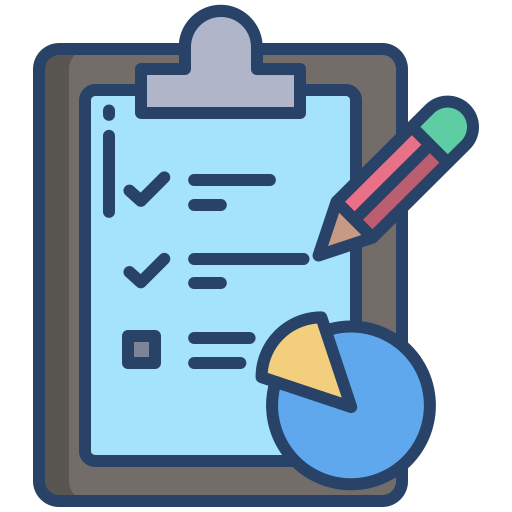
International Financial Reporting Standards
ACCOUNTING & TAXATION GROUP (Elective)
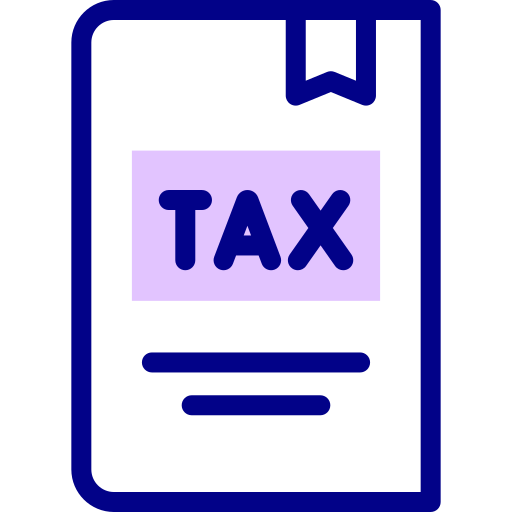
ACCOUNTING & TAXATION GROUP (Elective)
FINANCE GROUP (Elective)
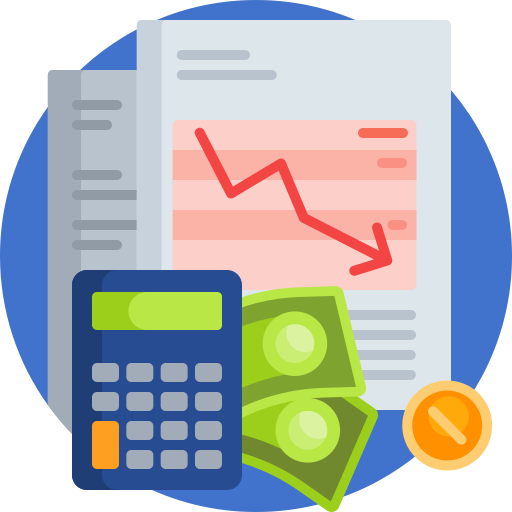
FINANCE GROUP (Elective)
INFORMATION & TECHNOLOGY GROUP (Elective)
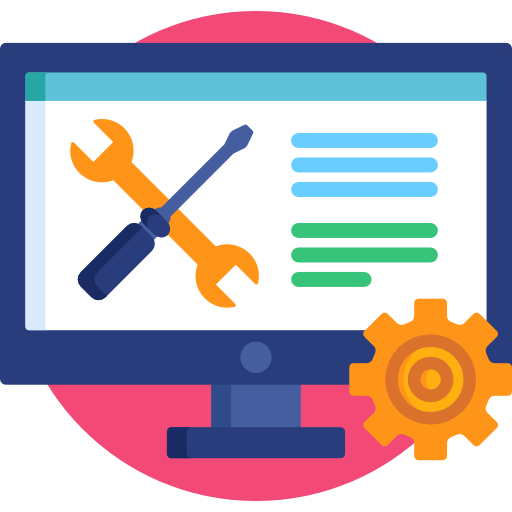
INFORMATION & TECHNOLOGY GROUP (Elective)
BANKING & INSURANCE GROUP (Elective)

BANKING & INSURANCE GROUP (Elective)



